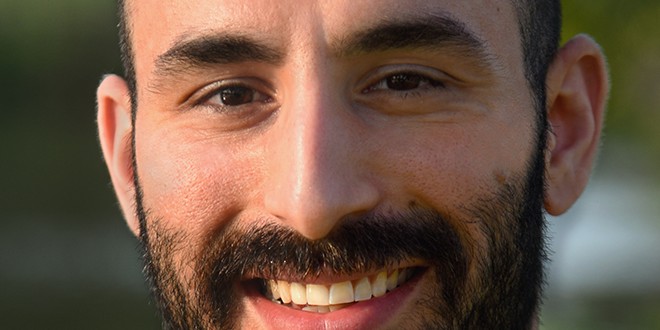People around the world who have heard about the future of self-driving vehicles are excited about the prospect but still nervous about the idea of sitting in the back seat and letting a computer drive them everywhere without their hands on the steering wheel. The technology, in which Israeli scientists are among those involved, is scary because uncertainty is involved in autonomous vehicles’ decision.
But now, scientists at the Technion-Israel Institute of Technology in Haifa present what they call a breakthrough in planning problems and decision-making under uncertainty.
In an age of industrial robots and intelligent systems that help humans in a variety of situations including self-driving cars, time and computational resources are valuable assets. These systems are needed to react quickly to circumstances in a changing environment and under conditions in which information is lacking – which are conditions of uncertainty. Economic constraints also limit the complexity of elements such as hardware, and the systems must be inexpensive enough for potential consumers to be willing to pay for them.
The Technion research has been published in the International Journal of Robotics Research under the title “Simplified decision making in the belief space using belief sparsification.” Led by Prof. Vadim Indelman, head of the autonomous navigation and perception lab in the Faculty of Aerospace Engineering and Khen Elimelech, who recently completed his doctorate in the Technion Autonomous Systems Program, it presents a theoretical and computational breakthrough. The involves the simplification of planning problems and decision-making under uncertainty in a way that reduces the amount of data that the computer is required to analyze.
Recently, Elimelech – who led the study – was told that he will receive the Outstanding Ph.D. Research Award of the Israeli Smart- Transportation Research Center.
“We demonstrate that we can significantly reduce computation time without harming the successful execution of the task,” the researchers explained. “We also demonstrate that computation efforts can be reduced even further if we accept a certain loss in performance – loss that our approach can evaluate online. In an age of self-driving cars and other robots, this is an approach likely to enable autonomous online decision-making in challenging scenarios, reduce response times and achieve considerable savings in the cost of hardware and other resources.”
Autonomous decision-making under uncertainty is a fundamental problem in artificial intelligence and robotics. This capability is particularly important for autonomous agents that must perform autonomously and reliably over time in a changing environment. In many cases, the agent lacks direct access to the problem’s variables, so it functions based on a probability distribution or “belief” that reflects the knowledge that the agent has about itself and its environment. These are based on probabilistic models, actions performed and measurements obtained from its sensors.
One of the researchers’ main directions is computationally efficient decision-making under these conditions, also known as “belief space planning” (BSP). Solving this problem – calculating the entire set of optimal actions or policies necessary to achieve the goal requires that potential actions be evaluated under a reward or cost function, such as the distance to the goal or an “uncertainty” measure.
According to the researchers, this challenge demands the prediction of how the “belief” will develop in the future for different possible actions, while predicting different scenarios of the future. As a result, decision-making under these conditions is computationally costly, challenging the autonomous action of intelligent agents in real time. When the environment changes or is not known in advance, the computational challenge is even greater.
The team’s findings form the basis for solving decision-making problems through simplification and show that their approaches can lead to considerable savings in computation times without significant loss in terms of outcomes.
The shortcode is missing a valid Donation Form ID attribute.



